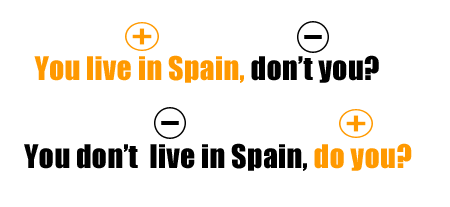 |
| Doing little is fun. I love lounging... |
Remember the general rules:
WE use the -ing form
After certain Verbs
After prepositions
When the verb is the subject of the sentece
We use the infinitive:
After certain verbs
After adjectives
For reason or purpose
See the following links
FOR:
Verbs followed by INFINITIVE
Verbs followed by -ING
Verbs Followed by Gerunds OR Infinitives (Different Meaning)*
FURTHER PRACTICE
1. Do they enjoy_____ (read) ?
2. Sorry for ______(be) so late. I overslept!
3. I don't mind _____ (help) in the house.
4. It was stupid _________(run): the train had left.
5. She's always dreamt of ________(have) a house by the seaside .
6. ___________(not/have) a mobile phone nowadays is old-fashioned.
7. What about________ (ask) our teacher?
8. We stopped_________ (talk) when the teacher entered the room.
9. Please, keep__________ (tell) us what happened yesterday.
10. She promised_________ (help) me with the essay.
11. They would prefer ________(fly) to England.
12. Will you be able________ (speak) English fluently next year?
13. She left without _________(say) good-bye.
14. He persuaded her________ (buy) another washing-machine.
15. Susan bought the car _________(give) it to her daughter for her birthday.
Answers in Comment 1 :-)











